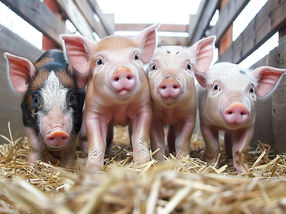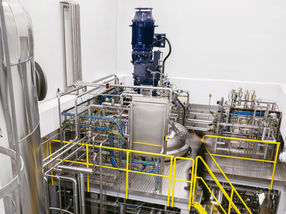Sainsbury’s - Asda merger: Mintel’s analysis of the deal
Richard Perks, Director of Retail Research at Mintel, said:
“This is a bold move. Sainsbury’s felt under pressure to make an acquisition and they’ve gone for the jugular.
“This is both an aggressive and defensive strategy. Rather than let Asda go to a competitor, Sainsbury’s has snapped it up. 2017 has been a year of consolidation, most notably the Tesco-Booker tie-up but also other significant deals such as Coop and Nisa. So, Sainsbury’s felt under pressure to shore up its position.
“The Competition and Markets Authority’s (CMA’s) recent decision to green-light the Tesco-Booker deal, together with the expectation that the Asda and Sainsbury’s brands will continue independently, means the CMA is unlikely to block the current merger, but are probably likely to insist on some stores being sold off.
“However, if the move does go ahead, the management will face huge challenges. Asda and Sainsbury’s are polar opposites in the mass market. The former’s customers are younger and less well-off, while the latter has an older and more affluent customer base. While Mintel research shows that 38% of UK consumers say Asda offers good value, this lags well behind Aldi (55%) and Lidl (50%). For Sainsbury’s, 23% of consumers say the same, showing just how differently the two brands are seen by customers. Trying to bring the two together will also be extremely difficult, as Morrisons discovered through a long and painful integration of Safeway into its business.
“Any new tie-up would still face the underlying competitive challenge in the grocery sector. Asda and Sainsbury’s will still be operating from pretty much the same cost base, so the discounters will still enjoy a cost advantage. And the deal will have no impact on superstores generally losing market share, the population shift to inner cities, or the change in consumer habits to shopping ‘little and often’.
“But the increasing buying power and scale of the combined businesses should, over time, allow them to bring down costs, which should see consumers benefit from lower prices. The big winner in this deal would be the Argos part of the business, which will gain wider access to a bigger pool of customers through Asda’s stores. The challenge for the two companies is to make the most of these opportunities effectively with the combined leadership.”
Other news from the department business & finance

Get the food & beverage industry in your inbox
From now on, don't miss a thing: Our newsletter for the food & beverage sector brings you up to date every Tuesday and Thursday. The latest industry news, product highlights and innovations - compact and easy to understand in your inbox. Researched by us so you don't have to.



























































